By definition, a debate requires at least two sides. And when it comes to the movie remake, most people fall into one of two black and white categories:
1. Those who hate movie remakes, and
2. Those who like movie remakes.
Naturally, there are those fans who will pick and choose which remakes to write home about and which ones to forget they ever saw. But this demographic is only the beginning of the gray area. When you start getting into some of the reasons for a remake, such as an adaptation of a foreign film for an “American” audience or a remake of a low-budget cult favorite with a big Hollywood studio backing it, things get murky and opinions vary.
Why Does Hollywood Remake Movies?
Before we get into the nuances of which movies can justifiably get remade, rebooted, or reimagined, let’s explore the reasons why.
Money. Or the hope of earning it. It’s rarely a love for the original that motivates the remake, and if it is, it’s not until a director opts to helm the damn thing.
Let’s look at a success story, Evil Dead (2013), a remake of the well-known cult favorite, The Evil Dead (1981). The remake — which had the added clout of the original film’s writer/director, Sam Raimi, and star, Bruce Campbell, producing — was made for $17M. In its opening weekend, the movie earned $25,775,847 in the U.S., grossing $97,542,952 (worldwide) by September.
Evil Dead was a bankable property, which it proved itself as a sleeper hit in the ‘80s, grossing roughly eight times its budget, and then going on to become one of the biggest cult franchises in existence.
But being bankable is at the crux of it all for executives and shareholders. They’re not concerned with fan perception or franchise reputation; they’re interested in the bottom line. If that means they have to trample on a legacy, so be it. And the quickest, or at least the path to bankability with the least resistance is an established franchise because it comes with a name, a built-in fanbase, and nostalgia.
Often things don’t pan out the way they should. Just look at 2011’s remake of The Thing; according to its November worldwide gross (a month after release), it lost $10M. More often than not a remake isn’t going to lead to riches, but when it does the payout can be huge.
If it’s a risk, why do it? What other reason could there be to remake a movie? To retain the rights — and it doesn’t matter what the return is. That’s why we got the godawful 2011 film Hellraiser: Revelations. The studio needed to put out another title to prove that it was still an active franchise within their domain or risk losing the rights before having the chance to put out the “real” sequel.
Justifiable Remakes?
When is a remake justifiable? That’s tricky since it’s subjective territory, but I’ll get my feet bloody and walk that razor’s edge.
First of all, it doesn’t make sense to remake a timeless classic that’s also a period piece. In this instance I’m thinking Indiana Jones or Platoon or Back to the Future, heck, even Poltergeist, which incidentally does have a remake on the way. JAWS could fall into this category as well. Films of these sort are held in such high regard that no amount of money or improvements in special effects could possibly improve them.
Of course, the recent Star Trek movies prove the opposite to the above.
For me, remaking a foreign film for an “American” audience makes sense. The Grudge, from Ju-on; The Ring, from Ring; Let Me In, from Let the Right One In; and even some of the Quarantine franchise, from [REC]. That’s not an exhaustive list, but it gives you an idea of what I’m talking about.
But when Hollywood does remake a foreign film, it damn well better do a good job with it. Old Boy is a prime example of failure, of screwing up the story, and tampering with the unconventional ending for American audiences. The ending of the original is what made the movie such an underground sensation.
Updating a beloved classic for a new generation of moviegoers is another reason to remake movies. Whether or not that’s a necessary task is purely up to the individual. Evil Dead was an update that worked, so too were The Texas Chainsaw Massacre, Dawn of the Dead, and Halloween. It’s a hit-or-miss endeavor, and A Nightmare on Elm Street (2010) and the aforementioned The Thing prove how big of a miss it could be.
The End
Like it or not, as long as there are moviegoers there will be movie remakes. Whether you like them or not is entirely up to you. I’ve only scratched the surface here, but I think my opinion is sound, and I’m willing to cede that there are always going to be exceptions.
Rock Hard \m/


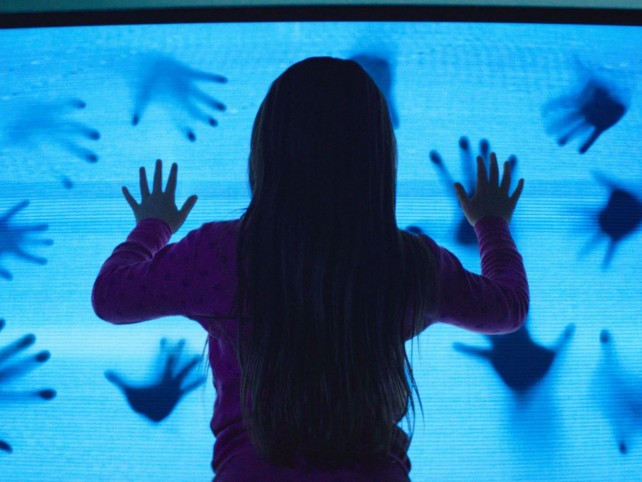
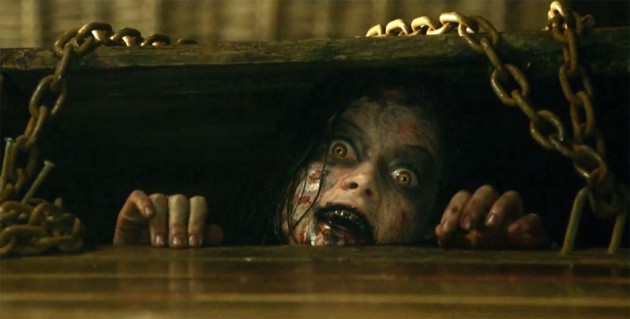

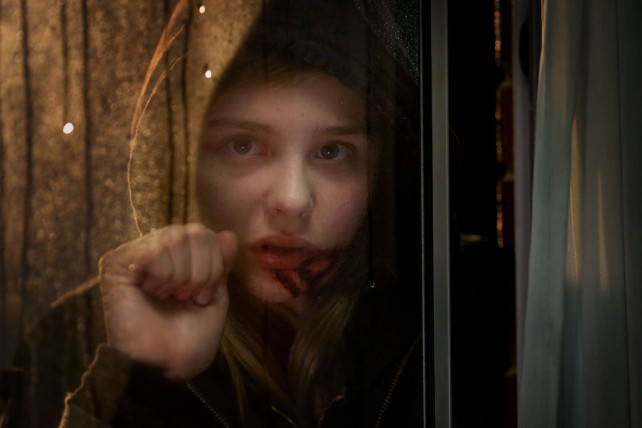
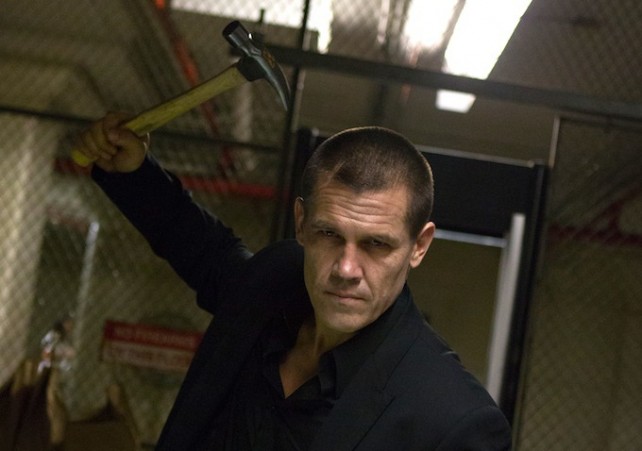

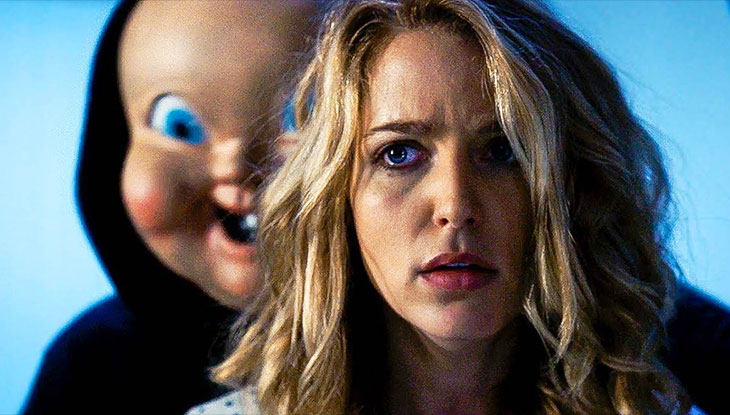

Stay Connected